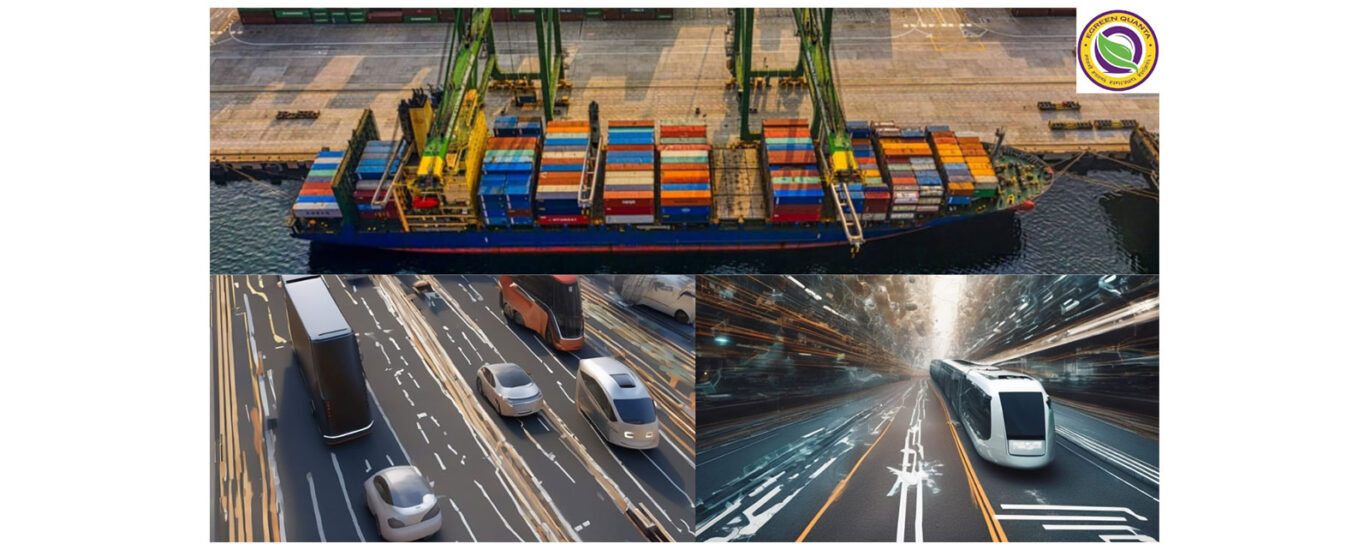The large capacity, low costs, and high safety standards of this transportation mode render it a critical mode, as nearly 90% of international trade is dependent on its effective routing. Businesses may generate millions of dollars from even minor savings in this domain. Nevertheless, the shipping industry is a significant contributor to climate change, with emissions that are comparable to those of the world’s largest carbon emitters. The shipping sector has the potential to become the sixth-largest nation in terms of greenhouse gas emissions if it maintains its current growth rate.
Quantum computing is on the brink of revolutionizing simulation problems in a variety of fields, such as organic chemistry, materials science, biochemistry, and security. It has the capacity to address some of the most intricate issues of the present day.
The promise of quantum optimization:
Everyone is hoping that quantum computing will have its revolutionary effect on the optimization domain first. Businesses can accomplish more with less when they optimize their operations, which is a major concern for company heads. Companies can more efficiently navigate vast and complex solution spaces by incorporating quantum principles into optimization techniques.
Quantum-inspired algorithms use superposition and entanglement, which take their cues from the qubit, to investigate numerous states concurrently. This opens up new possibilities for quantum cryptography and communication. Quantum cryptography and communication are fields that could greatly benefit from the advancements in quantum computing, as these technologies rely on secure and efficient data processing. By harnessing the power of quantum-inspired algorithms, businesses can stay ahead of the curve in optimizing their operations and ensuring data security.
Challenges in Quantum Computing:
Significant investments and high expectations have not alleviated the substantial challenges that quantum computing confronts. Though there are working prototypes and theoretical ideas, widespread industrial use is still a ways off. The issue of error correction is a significant challenge, as quantum systems are highly susceptible to errors. Furthermore, researchers are currently engaged in the process of surmounting a substantial challenge: the scaling up of quantum computers to address intricate real-world issues.
Key hurdles include:
- There are many different “flavors” of quantum computing, and it’s unclear which one will stick.
- Growing the boundaries of physics under human control is essential for solving fundamental problems.
- The immutable nature of quantum computing makes it harder to get reliable results every time.
As a result, there is a scarcity of algorithms that make good use of quantum computing.
Quantum Optimization: A Journey Forward:
To stay ahead of the curve in today’s dynamic business environment, companies can reap the benefits of optimization technology and the possibilities of quantum computing simultaneously.
Conclusions:
Quantum optimization techniques can overcome the shortcomings of conventional methods and should prove to be very useful to the shipping industry. Quantum computing presents an opportunity for world shipping operations to become more efficient and environmentally friendly through route optimization, fuel consumption reduction, and delivery time reduction.
Dr. Kumar Gautam:
Director, Egreen Quanta (Quantum Computing and ML Vertical)




